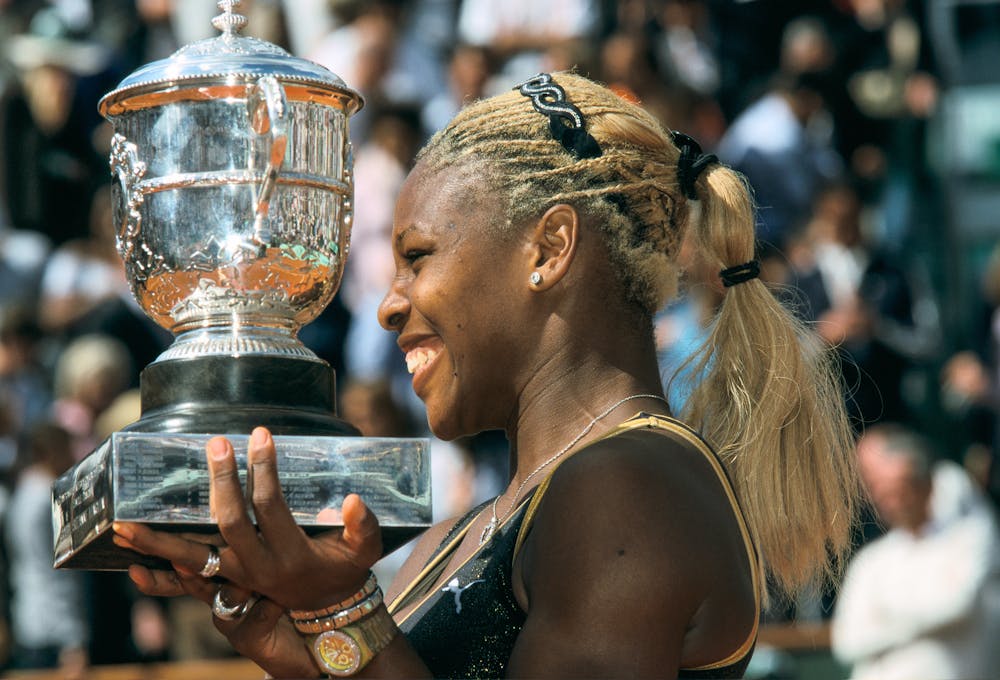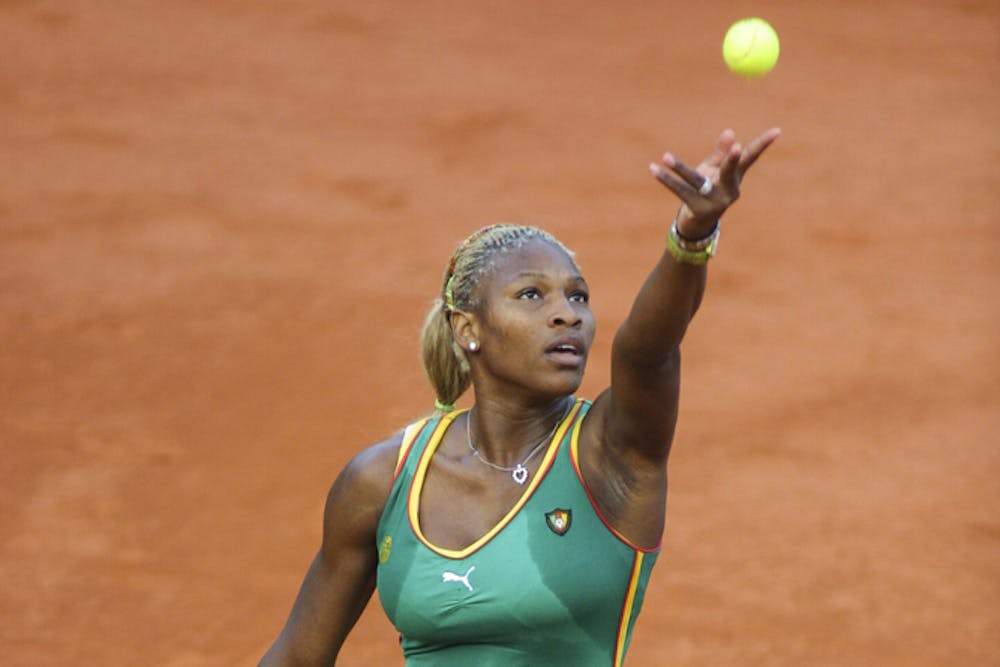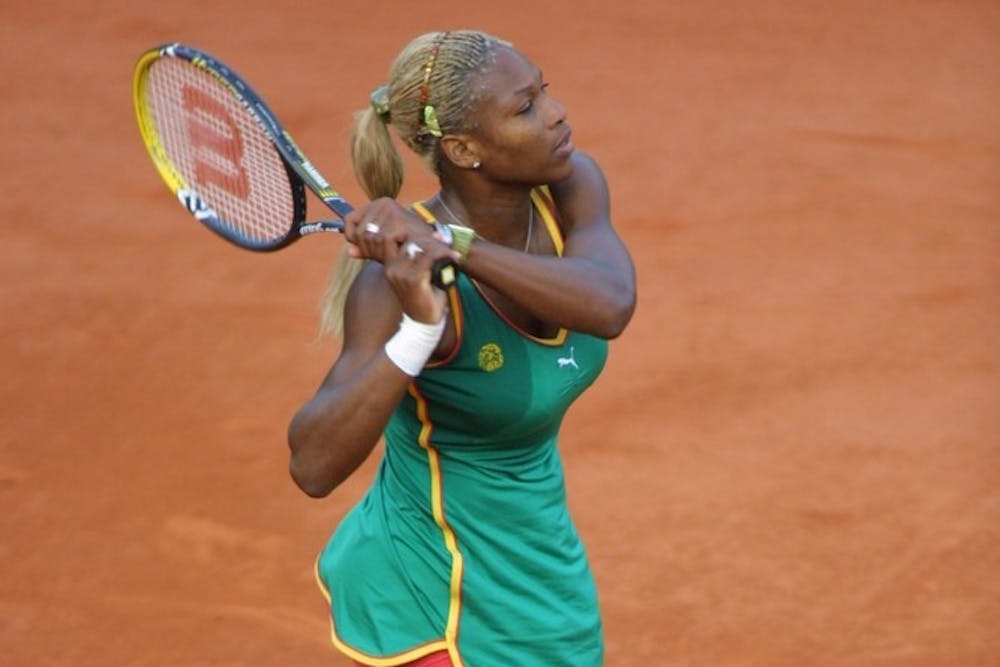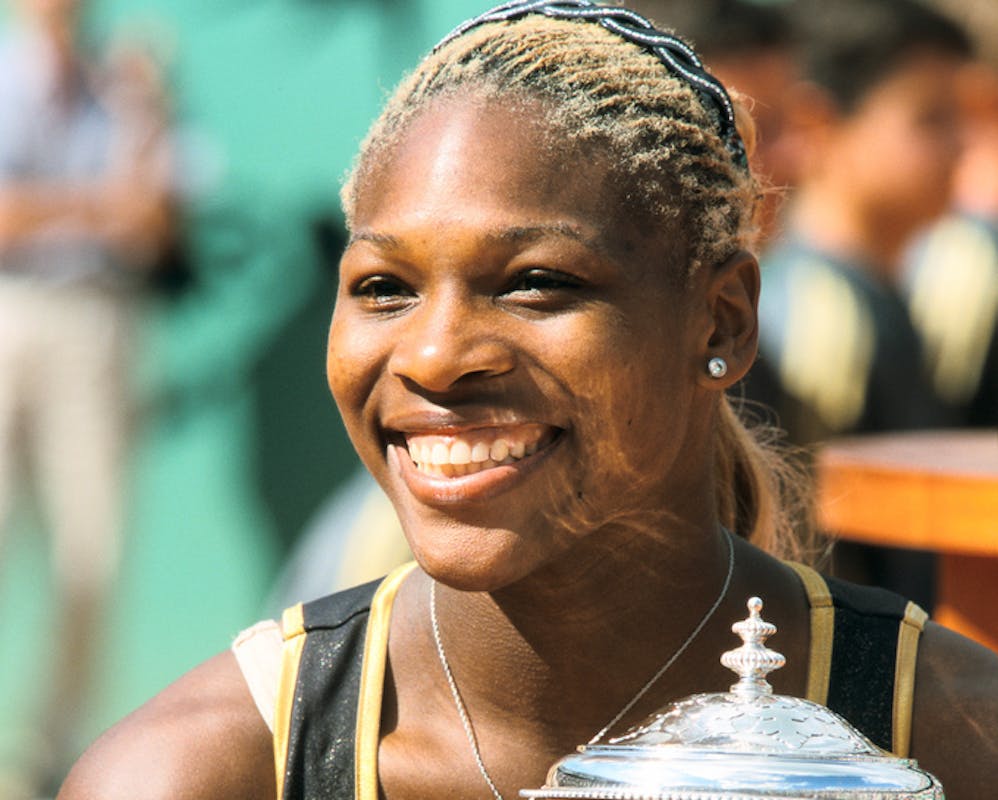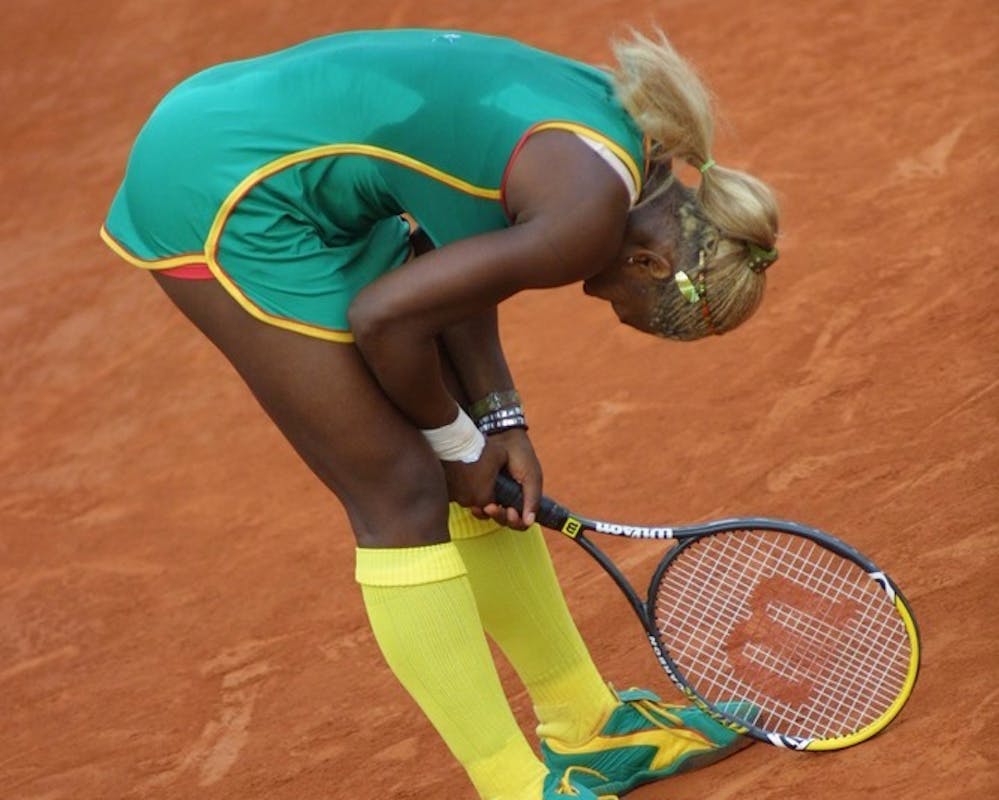The second of 23
"I was really fighting for this for so long,'' Serena said after the final.
"At one point, I wouldn't get past the quarters, then I got to the final, maybe a semi here and there. But it was just kind of discouraging. I didn't want to be a one-hit wonder.''
The title would mark the beginning of a sea change in the women’s game.
Like a metro slipping out of Gare du Nord in the early hours of the morning, Serena’s train had left the station.
Williams would win four straight majors – the 'Serena Slam' – and come two victories from a fifth, before being stopped by Justine Henin in the 2003 semi-finals in Paris.
Far from a one-hit wonder, Williams would go on to capture 23 Grand Slams, setting the record for most major singles titles in the Open Era.
At Roland-Garros she would claim her second and third titles in 2013 and 2015.
 ROLAND-GARROS
18 May - 7 June 2026
ROLAND-GARROS
18 May - 7 June 2026


